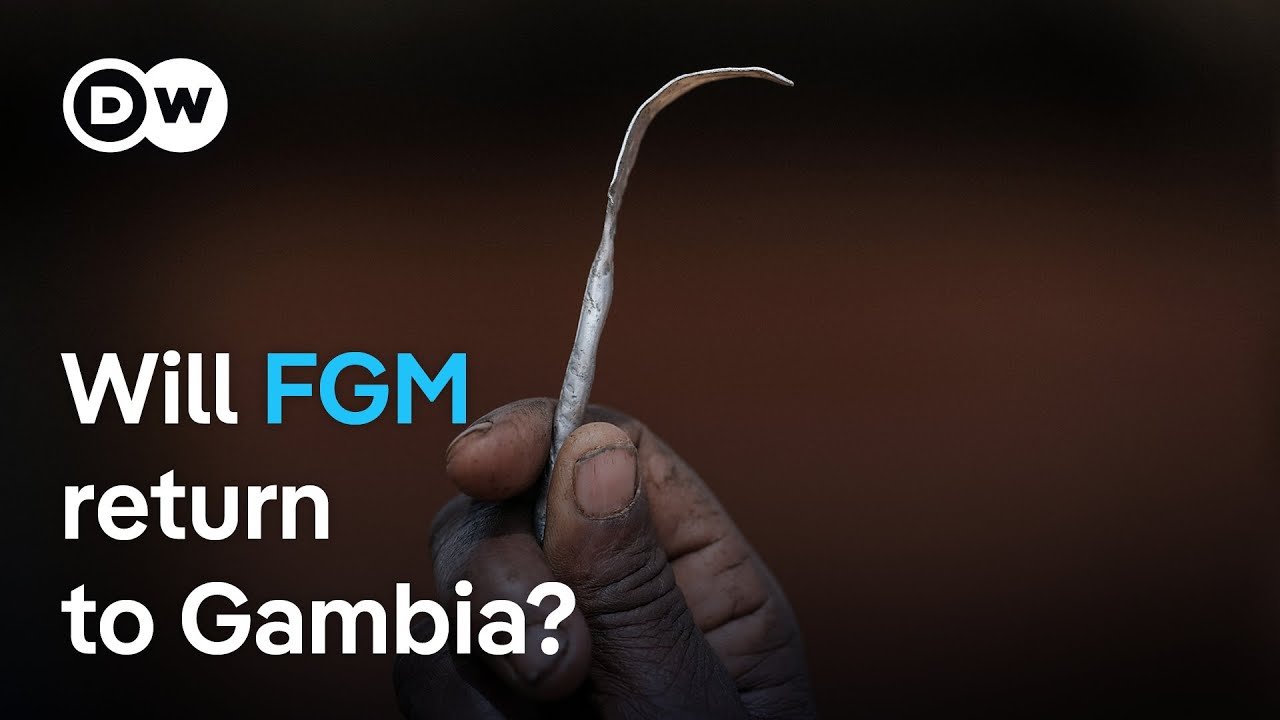- Female Genital Mutilation (FGM) is recognized as a violation of human rights affecting over 200 million women and girls globally, with the largest number in Africa.
- Gambia implemented a ban on FGM in 2015, marking a significant victory for human rights activists.
- The current debate in Gambia’s Parliament about possibly overturning the FGM ban has alarmed both health and human rights advocates.
- FGM is primarily justified by traditional beliefs and, by some, by religious convictions, although many religious leaders dispute its religious necessity.
- The practice leads to numerous immediate and long-term health complications, imposing significant costs on healthcare systems.
- Activists, including survivors of FGM, are engaging in grassroots campaigns to uphold the ban, emphasizing the practice’s harm rather than cultural or religious affiliations.
- Legislative efforts alone have proven insufficient in eradicating FGM, highlighting the need for community buy-in and sustained, culturally sensitive dialogues.
- The potential repeal of the FGM ban in Gambia raises concerns about the impact on the country’s commitment to human rights and the health risks to girls.
- International and local experts argue that ending FGM requires more than legal action; it necessitates a change in social norms and community attitudes towards the practice.
DW News is a global news TV program broadcast by German public state-owned international broadcaster Deutsche Welle (DW).
AllSides Media Bias Rating: Center
https://www.allsides.com/news-source/deutsche-welle-media-bias
Official website: https://www.dw.com
Original video here.
This summary has been generated by AI.

Leave a Reply